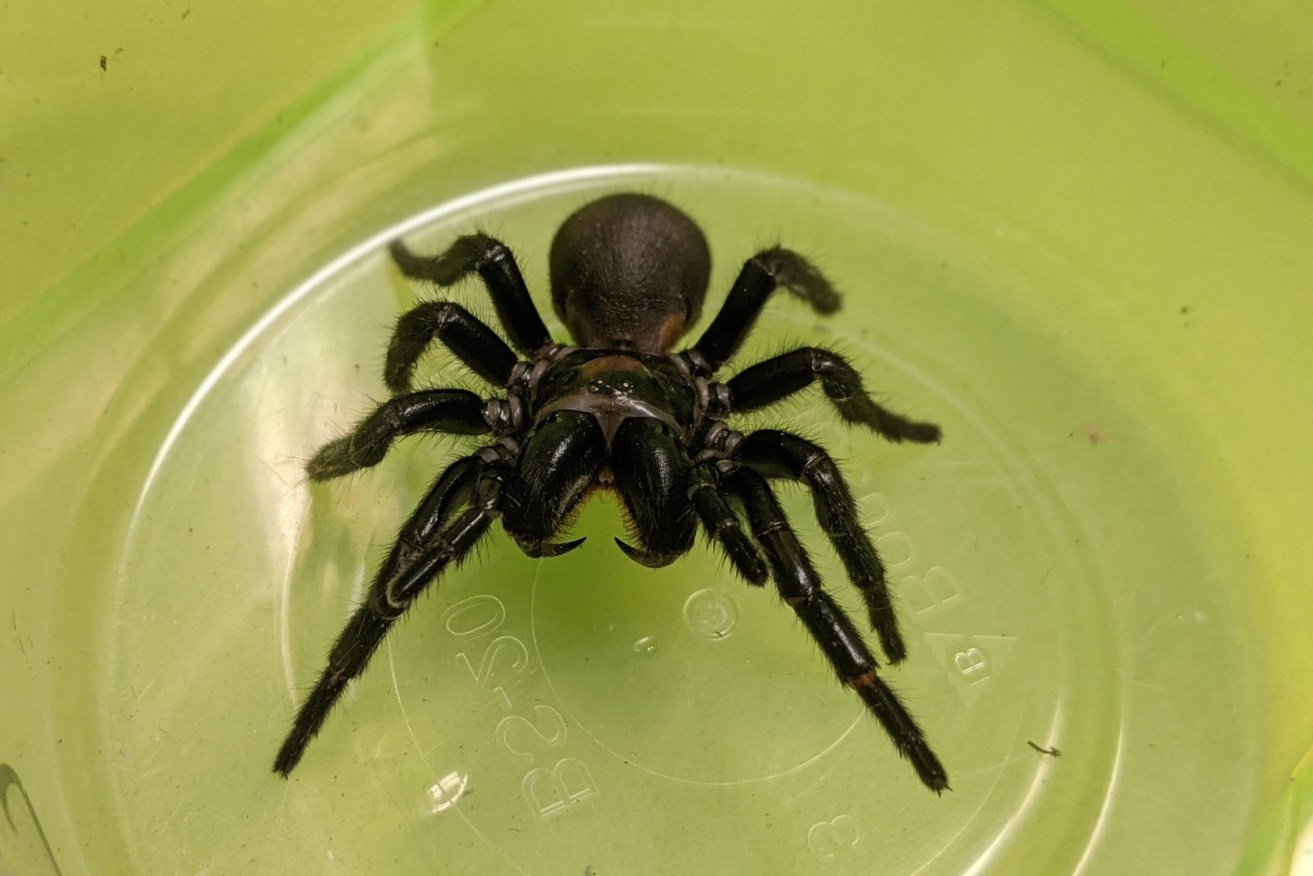Deadly Fraser Island spider could help you survive a heart attack
Meet the deadly Queensland spider that may well prove to be the guardian angel of heart attack victims.


University of Queensland researchers have helped find that the venom from the Fraser Island funnel web spider contains a molecule which acts to block the so-called “death signal” sent to heart cells after an attack.
The discovery has the potential to revolutionise the treatment of heart attack victims as currently there are no drugs that prevent such damage. The breakthrough may also allow extension to the life of donor hearts for transplants.
The discovery was made by a team led by Dr Nathan Palpant and Professor Glenn King from UQ and Professor Peter Macdonald from the Victor Chang Cardiac Research Institute.
Dr Palpant, the university’s Institute of Molecular Bioscience, said a protein in the spider’s venom, called Hi1a, blocks certain signals in the heart to reduce the death message that goes out to cells in the wake of an attack.
“After a heart attack, blood flow to the heart is reduced, resulting in a lack of oxygen to heart muscle,” he said.
“The lack of oxygen causes the cell environment to become acidic, which combine to send a message for heart cells to die.”
“Despite decades of research, no one has been able to develop a drug that stops this death signal in heart cells, which is one of the reasons why heart disease continues to be the leading cause of death in the world.”
Prof MacDonald said treating donor heart cells with Hi1a would reduce their death and increase the distance a heart can be transported before transplant.
“Usually, if the donor heart has stopped beating for more than 30 minutes before retrieval, the heart can’t be used – even if we can buy an extra 10 minutes, that could make the difference between someone having a heart and someone missing out,” he said.
“For people who are literally on death’s door, this could be life-changing.”
The protein has been tested in human heart cells, and the team are aiming for human clinical trials for both stroke and heart disease within 2-3 years.












